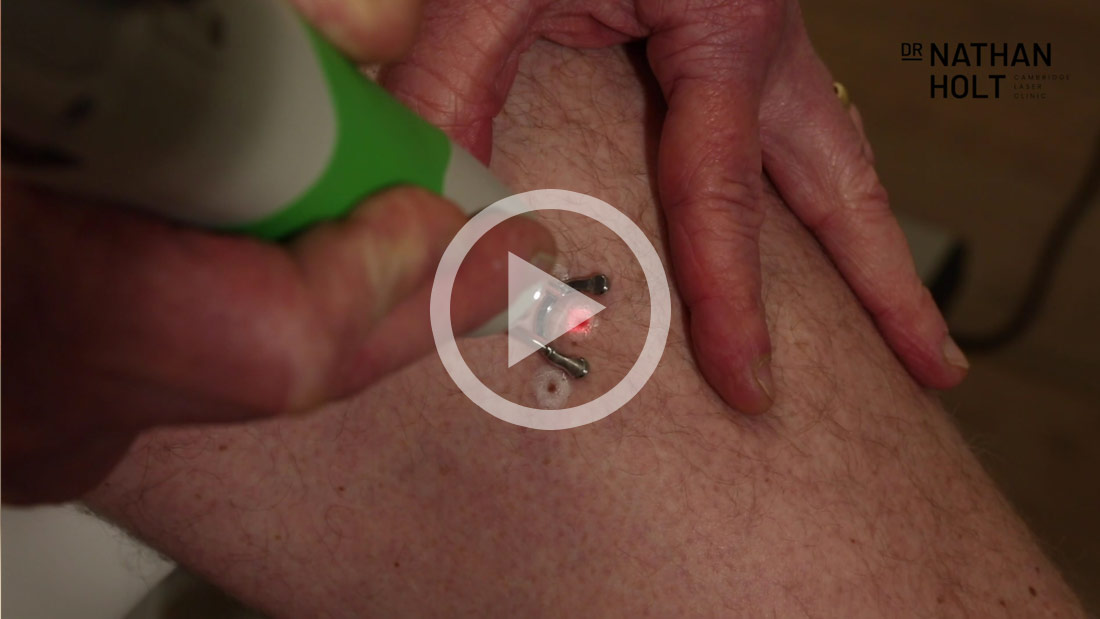One of the most common requests in aesthetics is the removal of “Brown spots” and other pigmented lesions. Because all pigmented lesions contain the light absorbing pigment melanin, lasers are often used to selectively target pigment whilst sparing surrounding normal structures.
Melanin is the primary determinant of skin colour. It is also found in hair, and underlying the iris of the eye, and, therefore, also determines hair and eye colour. It is an effective absorbent of light and is, therefore, able to protect skin from the effects of exposure to sunlight (ultra violet radiation).
Although, in general, humans possess similar concentration of melanocytes (melanin producing cells) in their skin, the melanocytes respond to both genetics and the environment.
As a result, genetically, the melanocytes in some ethnic groups produce far more melanin resulting in darker skin types. Environmentally, some people have high levels of exposure to sunlight (ultra violet radiation) and the melanocytes are stimulated to increase melanin production resulting in tanning.
Common pigment problems include:
- Brown age spots – commonly referred to as liver spots or lentigines. These are a build up of pigment in the upper layer of the skin, as a result of exposure to sunlight. They can occur on any part of the body that has been exposed to the sun, but are most common on the face, neck, chest, back, forearms and hands.
- Freckles (epithelides) – are small, concentrated spots of pigment that are stimulated by the sun but remain in fixed locations on parts of the body most frequently exposed to the sun
- Café-au-lait spots – these can be variable in size (ranging from small to large) but all have the distinctive light brown colour of milky coffee. They can appear anywhere on the body.
- Melasma – is a common skin condition in which melanocytes overproduce melanin secondary to sun-exposure, hormonal drugs (certain oral contraceptives) or pregnancy resulting in brown or greyish patches of pigmentation most commonly developing on the face.
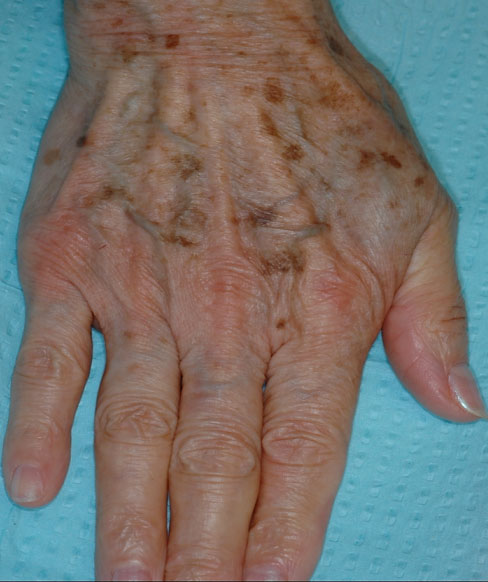
Before
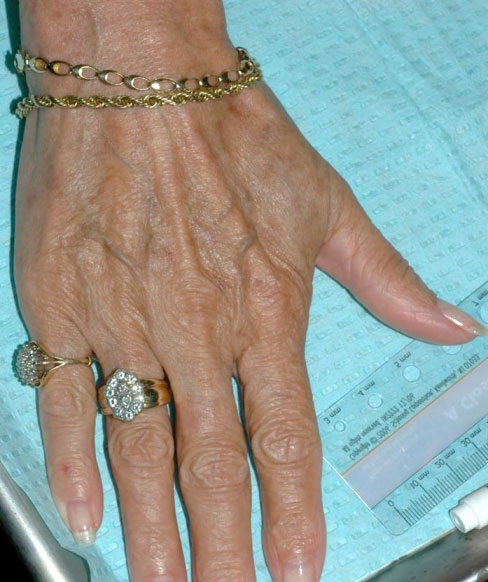
After
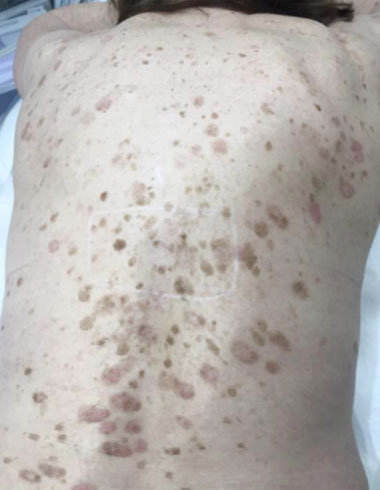
Before
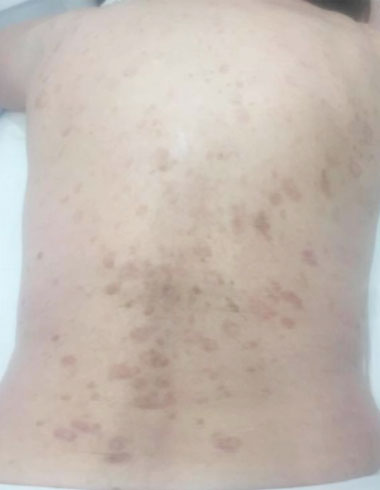
After 1 Tx
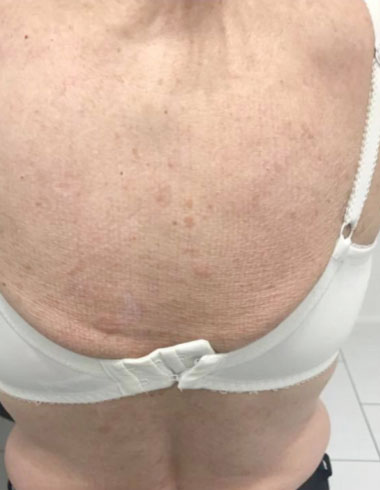
After 2 Tx
Lasers are an ideal choice for treating pigment problems, as they can accurately target and destroy the darker, pigmented area without causing collateral damage to the immediate, surrounding skin. The pigment melanin absorbs the laser light, which is then converted into heat, thereby causing the dark, pigmented area to break up and disperse.
The complex choice of which laser to use in the treatment of a pigmented lesion is often taxing for the most experienced laser physician. It depends n numerous factors including the type and depth of the lesion, its size and location and the patients underlying skin type. It is important that intervention does not make matters worse. A full medical consultation with a doctor is in our opinion mandatory for diagnosis confirmation, and exclusion of pigment problems associated with malignancy such as melanoma.
Cambridge Laser Clinic has the most advanced Pico, Q switched and Long Pulsed lasers ensuring optimal results and maximum safety for our clients. Our technologies include:
- Alex 755nm in long pulsed mode
- Ruby 694nm in Q switched mode
- KTP 532nm in Opti-Pulse / Q Switched or Pico modes
- Nd Yag 1064nm in Q Switched or Pico modes
- IPL 540-950nm / 570-950nm light source
- Er Yag 2940nm
- CO2 10,600nm
All consultations at our Cambridge Laser Clinic for pigmented lesions are carried out by a fully qualified doctor.
Our expert medical team has in excess of 30 years laser experience and have completed more than 150,000 successful treatments. Rest assured you are in safe hands.
To ensure the highest ethical standards are maintained at all times, our staff are never offered bonus incentives to sell treatments.
Although medical laser clinics are no longer regulated by the CQC (Care Quality Commission), we continue to adhere to the strict standards that were in the past mandatory under government legislation. This is the best indicator currently available that our Cambridge Laser Clinic is trustworthy.
All consultations are free of charge so why not call our team of experts today?

